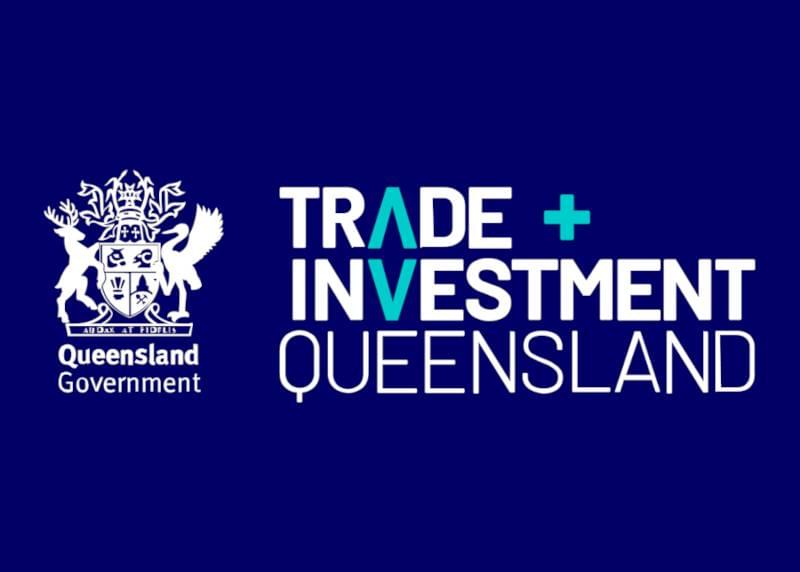Taiwan’s technology-driven and advanced financial services economy supports high disposable incomes, creating demand for high-quality food, education, and products and services.
The Taiwanese Government has a Bilingual 2030 policy, which aims to raise the level of English proficiency among the public and improve the country’s overall national competitiveness. This policy serves as a significant driver for expanding opportunities in the ELICOS sub-sector, particularly in teacher training programs.
The government is also promoting the Forward-looking Infrastructure Development Program to meet national infrastructure needs over the next 30 years. This program contains eight major elements: railway development, digital infrastructure, aquatic environments, food safety, green energy, urban-rural development, boosting birthrates and childcare facilities, and nurturing talent and employment.
The Taiwan Government’s ‘5+2’ Innovative Industry Plan supports seven industries and projects to drive Taiwan’s industrial growth and sustainable development. This focus is expected to move Taiwan from contract manufacturing to a new commercial model of high-value-added business, services and solutioning. Key aspects are:
- intelligent machinery
- Asia Silicon Valley
- green energy
- biomedicine
- national defence and aerospace
- new agriculture
- the circular economy.
A market with strong IP protection, Taiwan is one of the most innovative regions in the world as measured by numbers of patents lodged and international designs awarded.
Queensland and Taiwan
In 2023-24, Taiwan was Queensland’s sixth-largest merchandise export market and its eighth largest two-way trading partner. Its unique relationship with China and central location in Asian supply chains makes it an important market for Queensland companies.
Taiwan’s ageing demographic and need for food and energy security will drive opportunities for Queensland in the future.
Taiwan has been classed as an ‘aged’ society since 2018, when its population over the age of 65 surpassed 14%. This proportion is expected to exceed 20% by 2026, and 41% by 2060. It will therefore require sophisticated aged care infrastructure and services.
Taiwan currently imports almost all of its energy needs. In line with global trend, the Taiwan Government is pursuing net zero goals, with stated intentions to increase gas and renewable energy use.
Greater energy security will drive its increasing interest in renewable energy applications in wind, tidal and solar.
Alternative fuels, such as biofuels, will also become a priority due to the Green Energy and Circular Economy initiatives.
Taiwan opportunities
- Urban infrastructure
- Food and agribusiness
- Education and training
- Innovative technology
- Health
- Tourism
- Renewables
- Green energy
- Aged care services
- Financial services
- Biomedicine
- Defence and aerospace
Talk to a market specialist
Our global network have the expertise, insights, and international connections to help you grow your exports and take your business further – faster.
Resources
- Asialink, Doing Business in Taiwan | Asialink Business
- Austrade, Market Profile – Taiwan
- Austrade, Doing Business – Taiwan
Market profiles
Explore more global markets we have expertise in...
Are you looking for...


